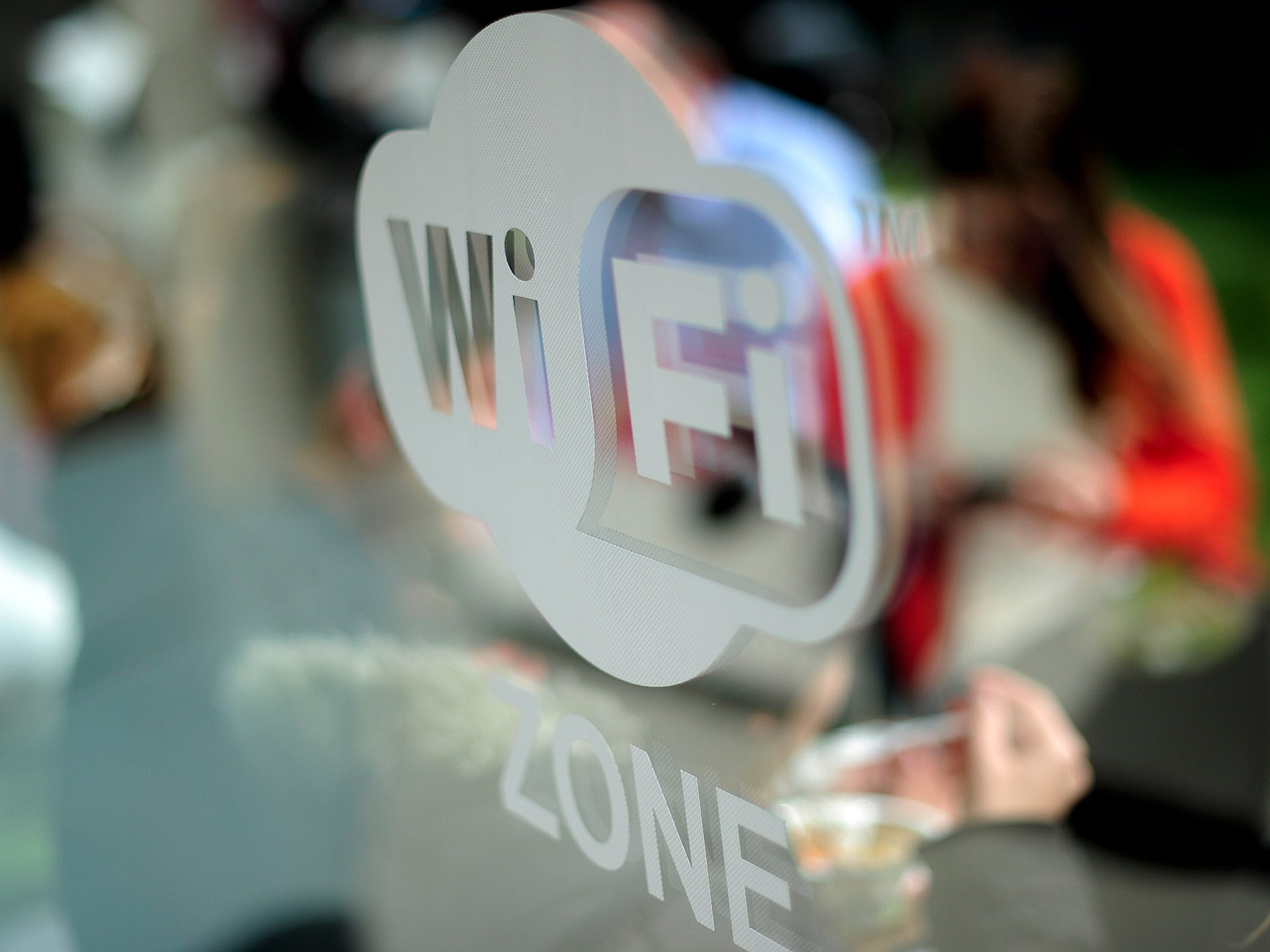Saudi scholar issues fatwa against stealing WiFi

A Saudi scholar issued a fatwa against using another person's WiFi without permission, since theft cannot be tolerated in Islam.
"Taking advantage of the WiFi service illegally or without the knowledge of other beneficiaries or providers is not allowed,” said Ali Al Hakami, a member of the high scholars’ commission, a senior religious body which advises the Saudi king. “Any provider or user who pays money for the WiFi service should be consulted before using it. When the WiFi service is open such as in parks, malls, cafeterias, hotels and government departments, then there is no problem since it is meant to be used by the people or clients.”
The rather banal ruling follows a similar edict in April from Dubai's Islamic Affairs and Charitable Activities Department, which responded to a question submitted online regarding the use of a neighbor's Internet. “There is nothing wrong in using the line if your neighbors allow you to do so, but if they'd don't allow you, you may not use it,” it ordered.
That a conservative Islamic jurist would weigh in on such an amusingly uncontroversial matter shouldn't be such a such a surprise. Fatwas get issued on all and sundry things. Sometimes, they can be quite harmless, such as when a religious watchdog in the United Arab Emirates banned traveling to Mars. In other instances, they reflect patriarchal, conservative norms or even outright misogyny: In Indonesia, clerics issued a fatwa against certain emoticons that could be seen as LGBT-friendly; the Islamic State, during the early stages of its insurgency in Syria, declared that women should not be allowed to sit in chairs.
The WiFi fatwa is far less provocative, although the need for it confused some commentators. Why not just encourage people to put passwords on their private Internet?
"We do not need a religious edict to pinpoint such basic things,” a Saudi blogger noted, according to the Gulf Times. “Private property should remain private, especially [since] the owner paid money for the services. Nobody should just take advantage."
Copyright: Washington Post
Join our commenting forum
Join thought-provoking conversations, follow other Independent readers and see their replies
Comments
Bookmark popover
Removed from bookmarks